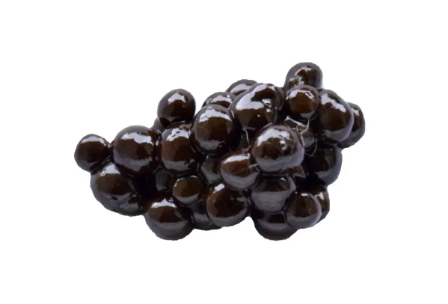Fact Friday: Rabbit Poo!
- Claire Thompson

- Oct 21, 2022
- 2 min read
Updated: Jan 9, 2023

It might seem like a taboo subject, but when you care for animals, poo is a really important issue to be aware of! Just a small change in an animal’s poo can be an early indication of digestive disruption and a decline in health, so it is vital to understand what is normal and what is not so that we can act fast.
Rabbits are animals commonly kept as pets but frequently misunderstood, often sold as easy to care for and good for children as a “starter” pet, but you probably couldn’t get further from the truth. These wonderful animals are in fact a very complex species, and a huge part of this is their amazing digestive system!
Did you know that rabbits eat their poo? This might sound unpleasant to us, but this is a crucial step in the digestive process for our long-eared friends!
Wild rabbits are foraging herbivores, with a diet consisting mainly of grasses and weeds, which is why it is so important that you ensure that the majority of your pet rabbit’s diet is made up of high-quality hay and grasses rather than simply commercial pellets. However, this high-fibre, cellulose-rich diet certainly isn’t easy to digest, and by the time this has made its way through their intestines it still contains many of the nutrients they require.

Rabbits (and their cousins, the hare) beat this problem with a special kind of digestion known as hindgut fermentation. Rabbits eat their poo and digest it a second time to obtain the nutrients they missed out on the first time around! Those of you with rabbits may have noticed they make two different kinds of droppings: the small, dark, round ones they are most famous for which contain the waste indigestible fibre, and softer black ones known as caecotrophs – you may not have seen these, as these are the ones that are eaten straight away. This process is known as coprophagy and functions the same as our sheep and goats chewing their cud.
It is so very important for a rabbit’s digestive system to keep moving. If anything becomes stuck in a rabbit’s oesophagus or intestines, this is a veterinary emergency as they can enter something we call GI (Gastrointestinal) Stasis which causes a rabbit’s digestive system to slow down, creating a build-up of bacteria which results in gas. In minor cases, this is uncomfortable for your rabbit and if treated quickly, it can be resolved. However, in more serious cases, it can become excruciating and lead to a critical condition.
Rabbits are also incapable of vomiting. In a nutshell, if your rabbit stops eating, call your vet – you could save their life. And don’t be alarmed if you witness coprophagy, it’s completely normal, it’s not a dirty habit; it’s simply a happy, healthy bunny.













Looking for a quick, addictive, and challenging little game to play in your browser? You should give the Poor Bunny game online a try! The premise is simple: you're a bunny, and you need to collect all the carrots on the screen while avoiding various traps and obstacles that appear. It starts easy but quickly ramps up in difficulty, testing your reflexes and pattern recognition. It’s one of those “just one more try” kind of games that’s perfect for a short break or when you want some lighthearted fun.
I’ve had some experience with tiki taka casino, which opened just this year. What stands out is their wide game selection — over 6000 games covering slots, live dealer tables, and sports betting. The platform is licensed in the Philippines, which adds a level of trust, and it’s geared well towards UK players. Deposits start low, around £10, and withdrawals are pretty fast, especially if you use crypto or e-wallets. The mobile site works smoothly, which is important for me since I play mostly on my phone. They offer a welcome bonus and some cashback for loyal players, but as with most casinos, there’s wagering to consider. From my point of view, it’s a good choice if you want a…